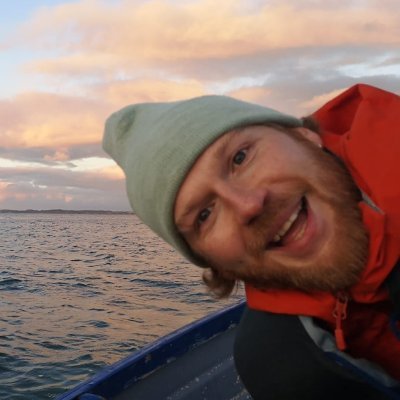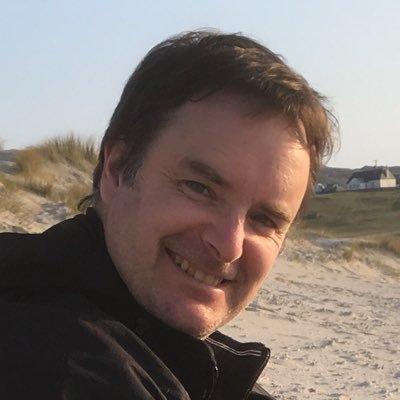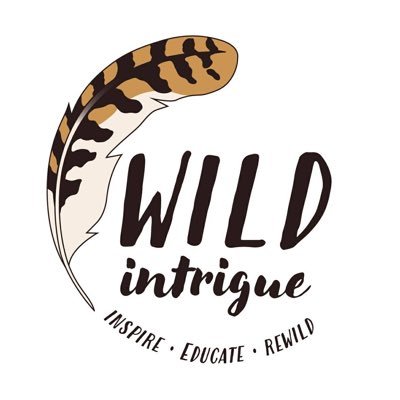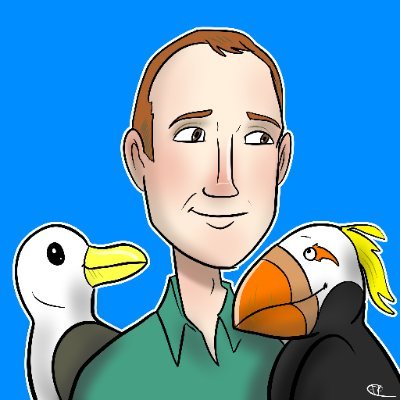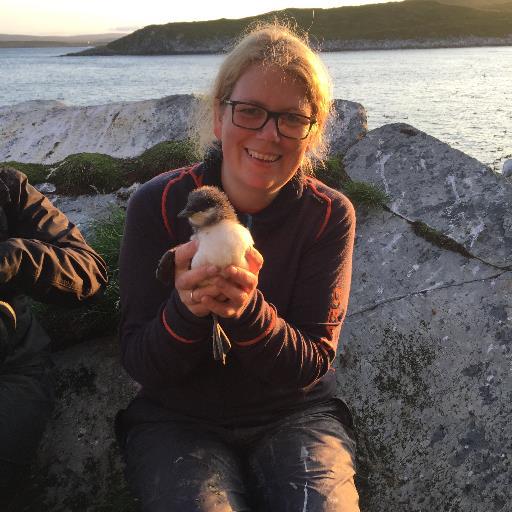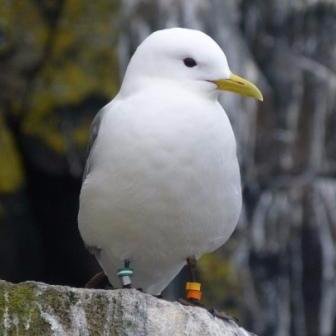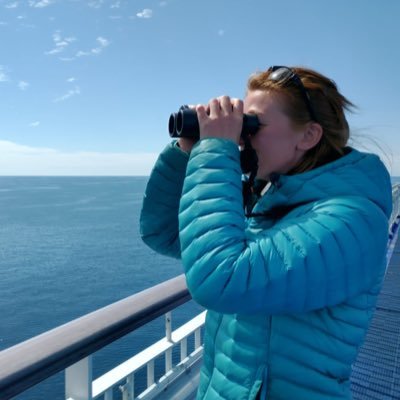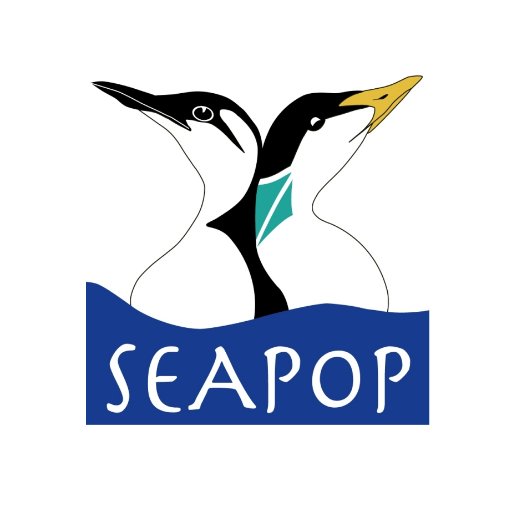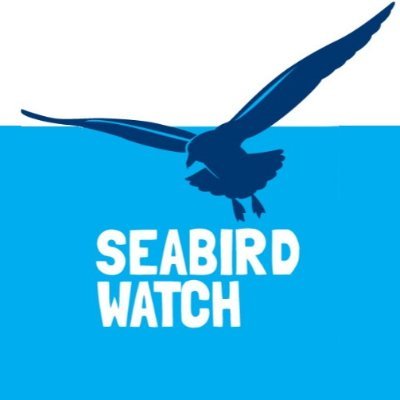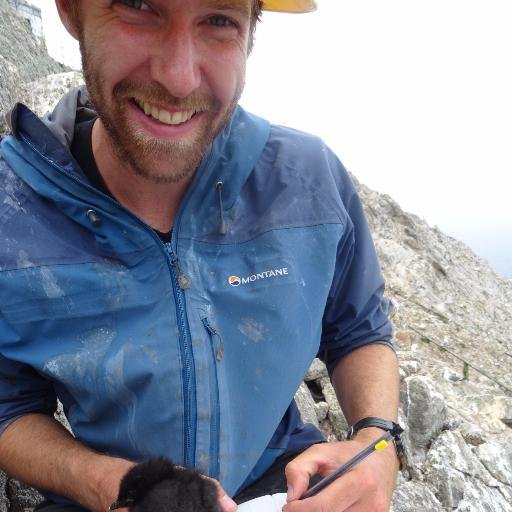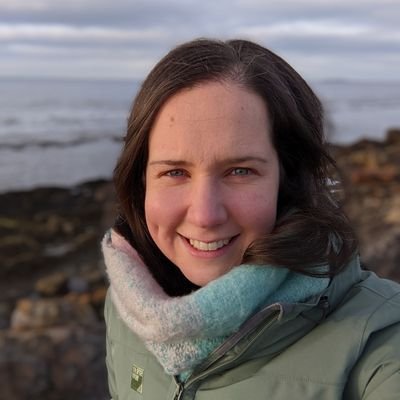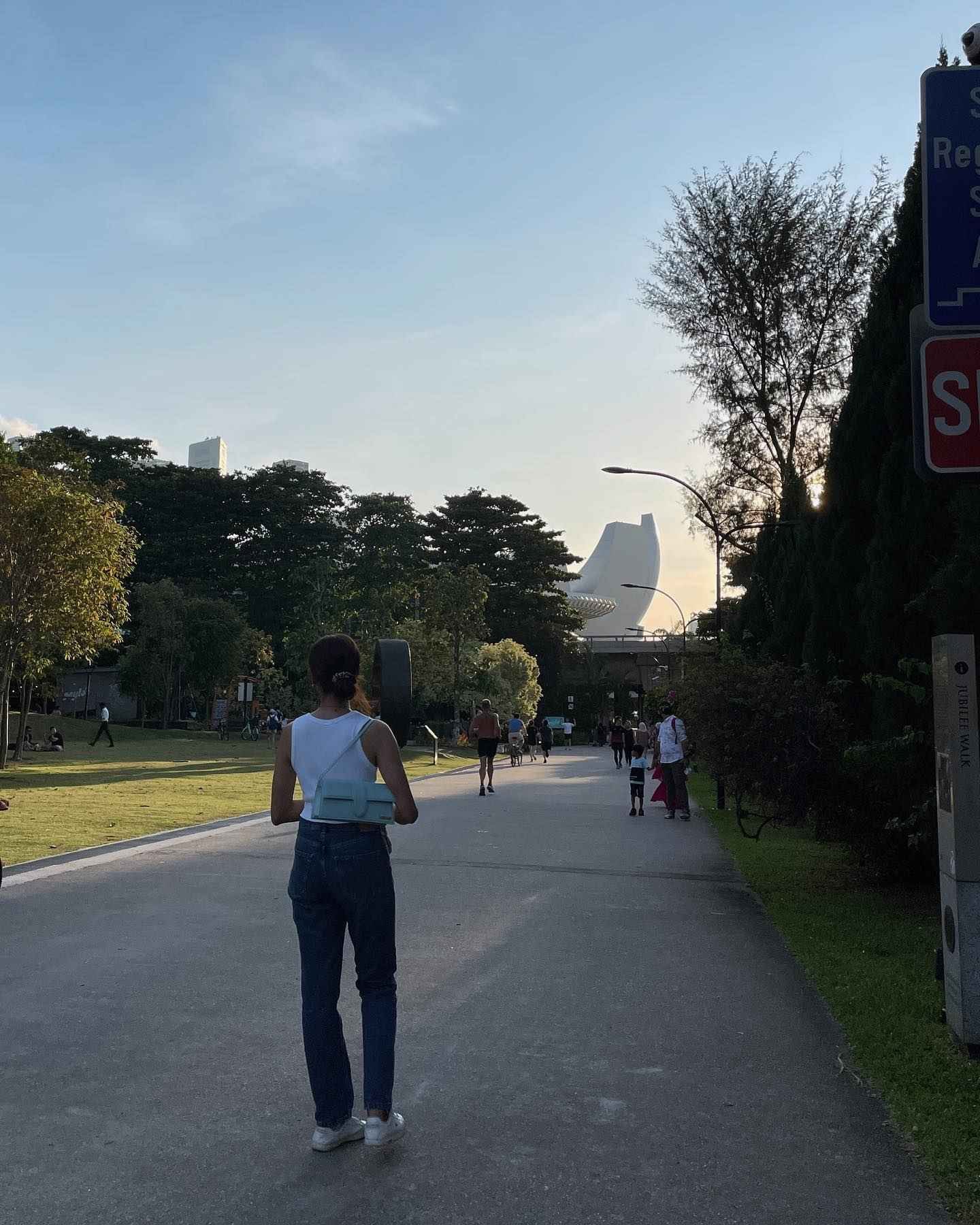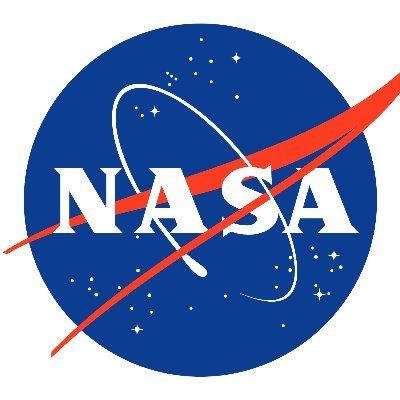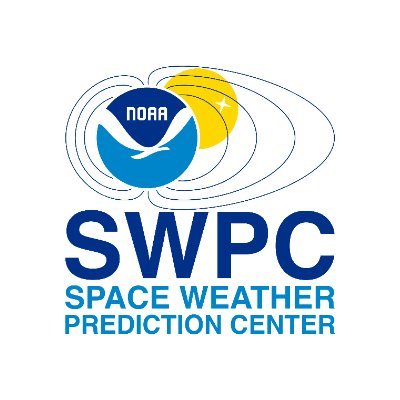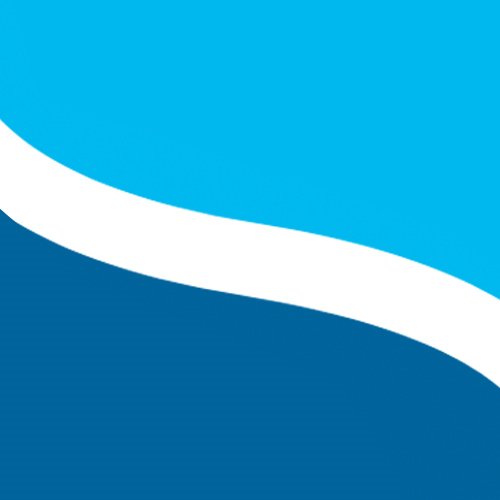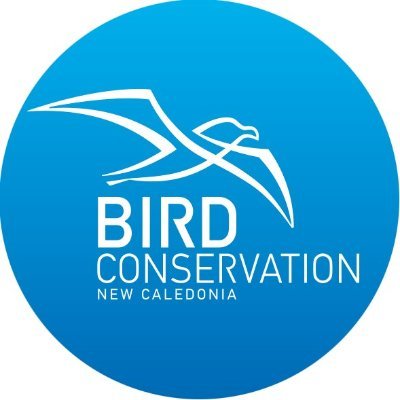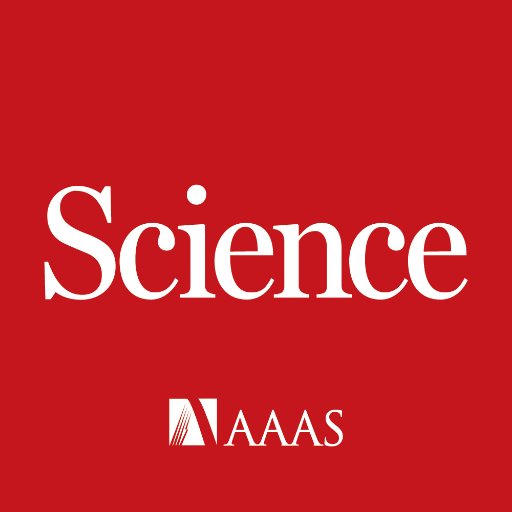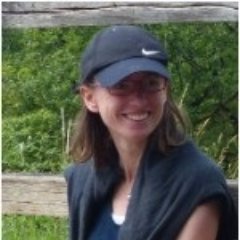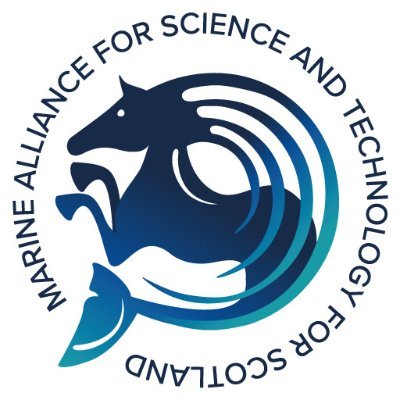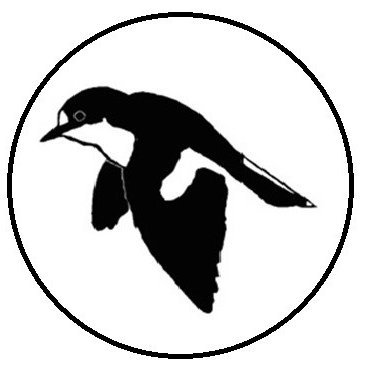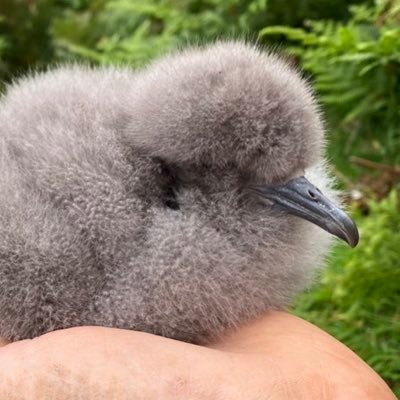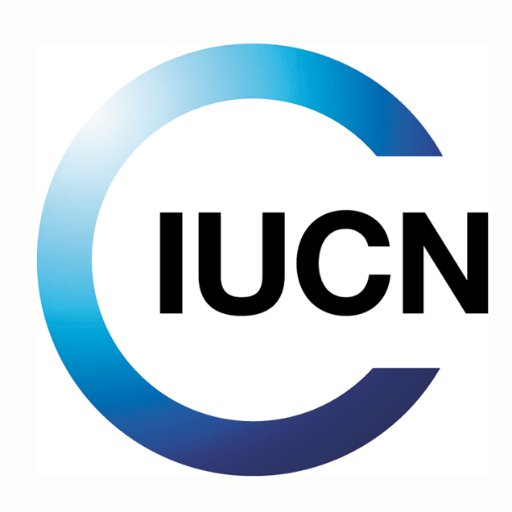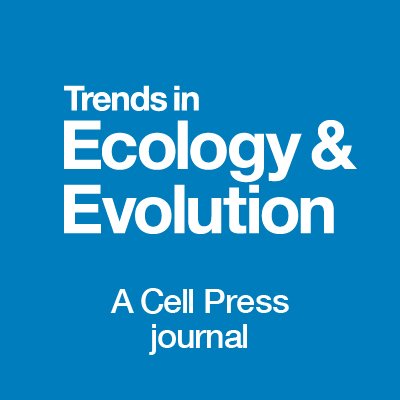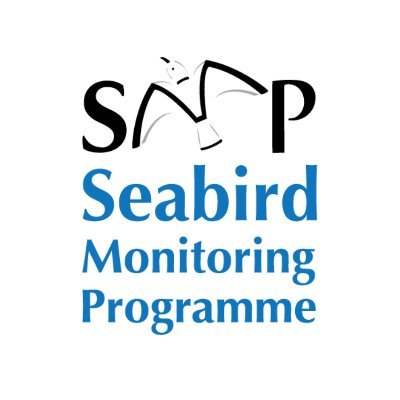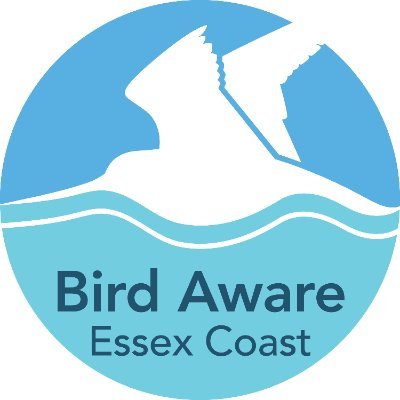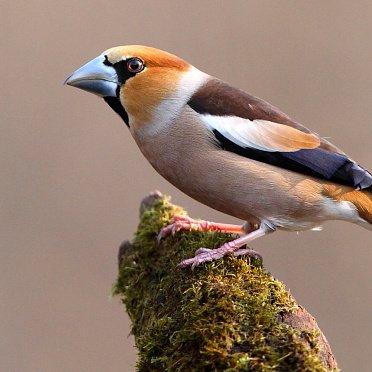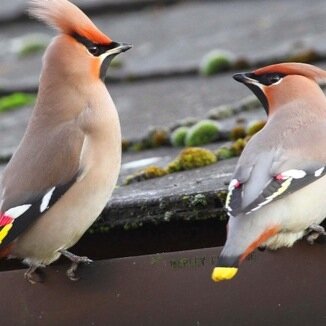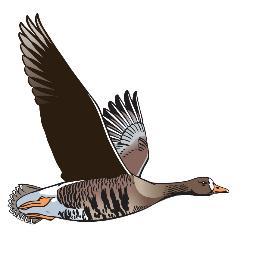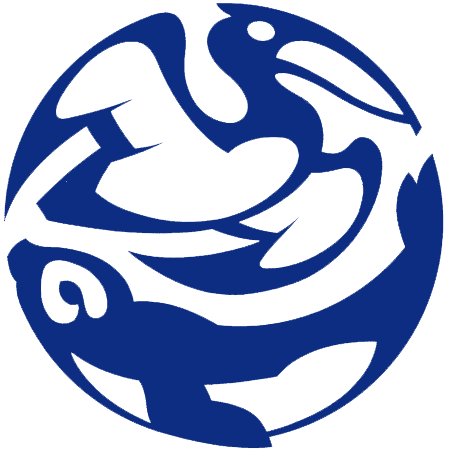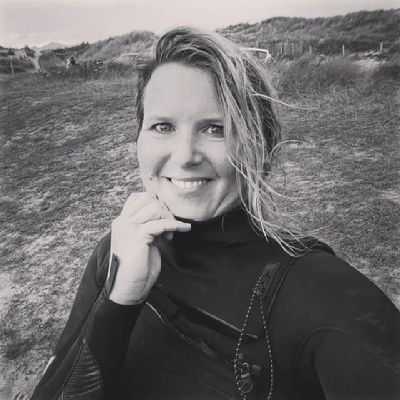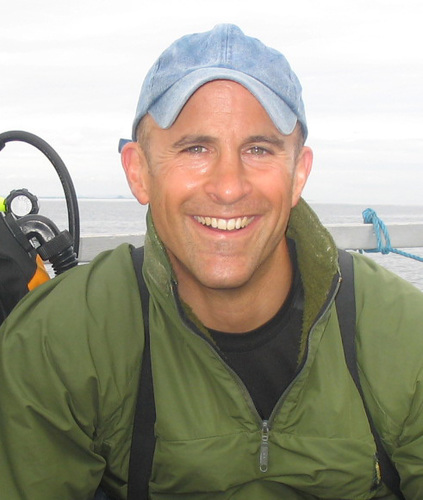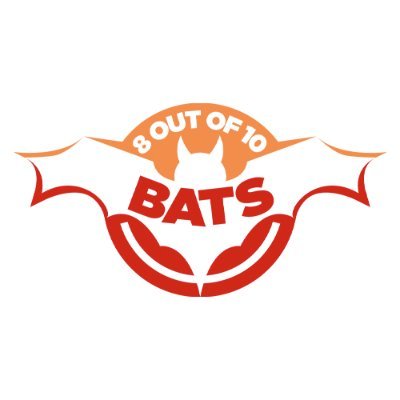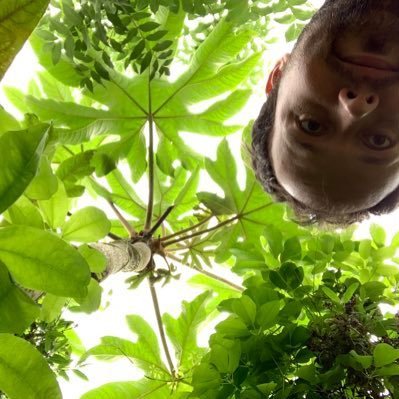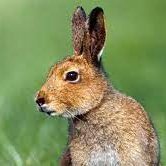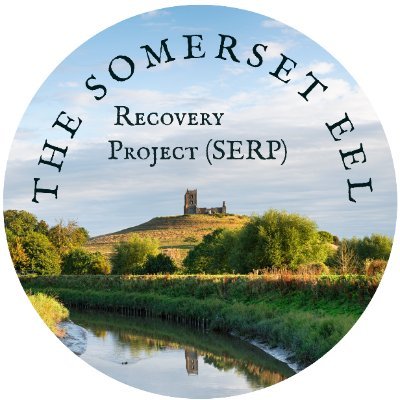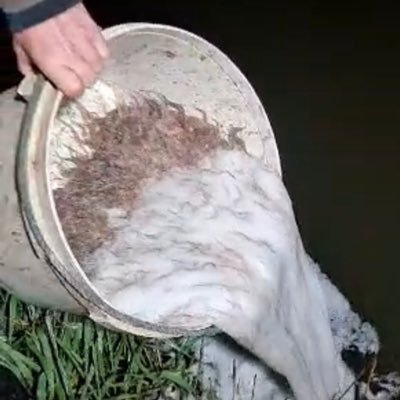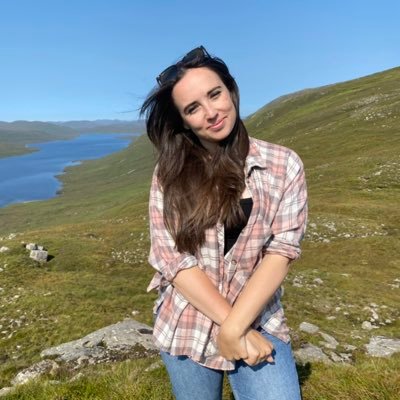
Andrew Harwood
@Andrew__HarwoodEcologist with a background in orntihology, marine and freshwater ecology. Interested in wildlife interactions with offshore wind farms. Views my own.
Similar User

@meta_kittiwake

@jdavies826

@bernard_cadiou

@ECOWind_UK

@LindaJWilson9

@thaxalot

@Shoneywind

@Signe_Dalsgaard

@_LucyWright

@ArdeaAlBanks

@cormier_tabatha

@susana_requena1
#BOUasm24 #SESH4 ReSCUE will review methods, collate, collect and integrate data to generate new flight height distributions & reduce uncertainty in collision risk modelling, investigate mitigation & consider cost-benefit for offshore wind. Project tools launch 2027.

#BOUasm24 #SESH4 Under development - OWSAT is a standardised record of EIA & HRA for efficient presentation and review of assessments. Best practice is incorporated, but the tool is flexible. Outputs are iterative & auditable. Final versions act as a data store. Seeking testers!

Using tools like GPS and Digital Aerial Survey, we can monitoring changes in bird distribution and movements within wind farms, showing how they respond to the presence of turbines #BOUasm24

To the ReSCUE: Understanding flight heights for seabird conservation and offshore wind expansion naturalengland.blog.gov.uk/2024/10/24/to-…
New paper: We investigated kittiwake avoidance/attraction responses to three OWFs in the North Sea at macro-scale (0-4km) and to individual turbines (meso-scale). Results indicate slight attraction to the OWF boundary, but avoidance of individual turbines link.springer.com/article/10.100…
🐧 What are the costs to & drivers of common guillemot returns to the colony during the non-breeding period? 🐧 How does this strategy influence their activity and energy budgets? New paper exploring the role of individual variation by @bennett_sophie: doi.org/10.1016/j.anbe…

.@LilaBuckingham presents an individual based model of effects of displacement from #offshorewind farms on #seabirds at #CoimbraSeabirds conference. One of the clearest explanations of sub-lethal effects of #offshorewind that you could hope to hear.

We were delighted to join a #TyneKittiwake ringing day at Saltmeadows Tower last Friday. Huge thanks to ringers Andy (@andyrick_birds) and Ian, and @Gateshead, for letting us document the day! Read all about the reasons for ringing our urban seafarers at wildintrigue.co.uk/tyne-kittiwake…



Beautiful to see a SailBuoy collecting data on fish & oceanography alongside our murre GPS tracks. After 20+ years trying to get a boat to measure prey + predator simultaneously in the #Arctic, @hentatisundberg has finally done it! #ornithology


Post Doc position in spatial population dynamic in seabirds available at NINAs Tromsø office. Please RT
Ledig postdoktorstilling i prosjektet “Spatial population dynamic in seabirds” i Tromsø. nina.attract.reachmee.com/jobs/57-postdo…
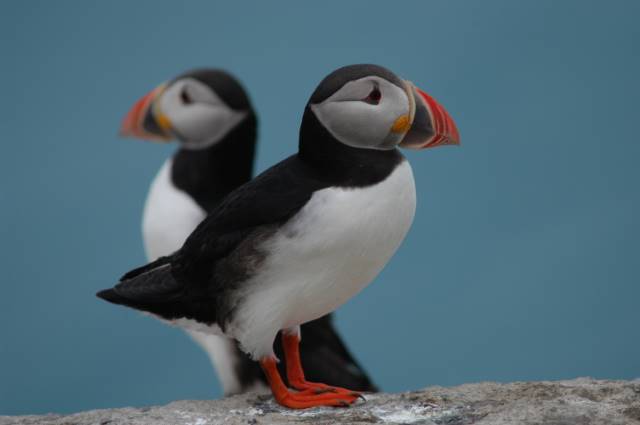
We've noticed way more auks in poor feather condition this season. Particularly Razorbills with rump areas worn down to the 'undercoat'.Also this Guillemot with tail feathers nothing more than the shafts.Presumably further signs of poor feeding conditions during the moult period.


Isle of May puffin count is out. Good news is the coynt is up from 2017, but cause for concern as we believe a drop in last couple years
Numbers of #puffins on the Isle of May have increased by around a third since 2017, a count by @NatureScot & @UKCEHseabirds has shown Scientists estimate there are now ~52,000 occupied puffin burrows on the island, a nature reserve in Firth of Forth ceh.ac.uk/press/puffin-n…

Finally, the first Kittiwake egg to complete the set for our main study species. A week later than last year and 8 days later than the long term average. Let's hope there is food around in a month when they start hatching. @UK_CEH @NatureScot @SteelySeabirder @TheSeabirdGroup

What has happened to all the Isle of May guillemots? The first egg was the latest ever but adjusting for that we should still be peak laying now and the cliffs are terrifyingly empty. Even those that have laid don't seem committed and are losing their eggs at an alarming rate.1/2

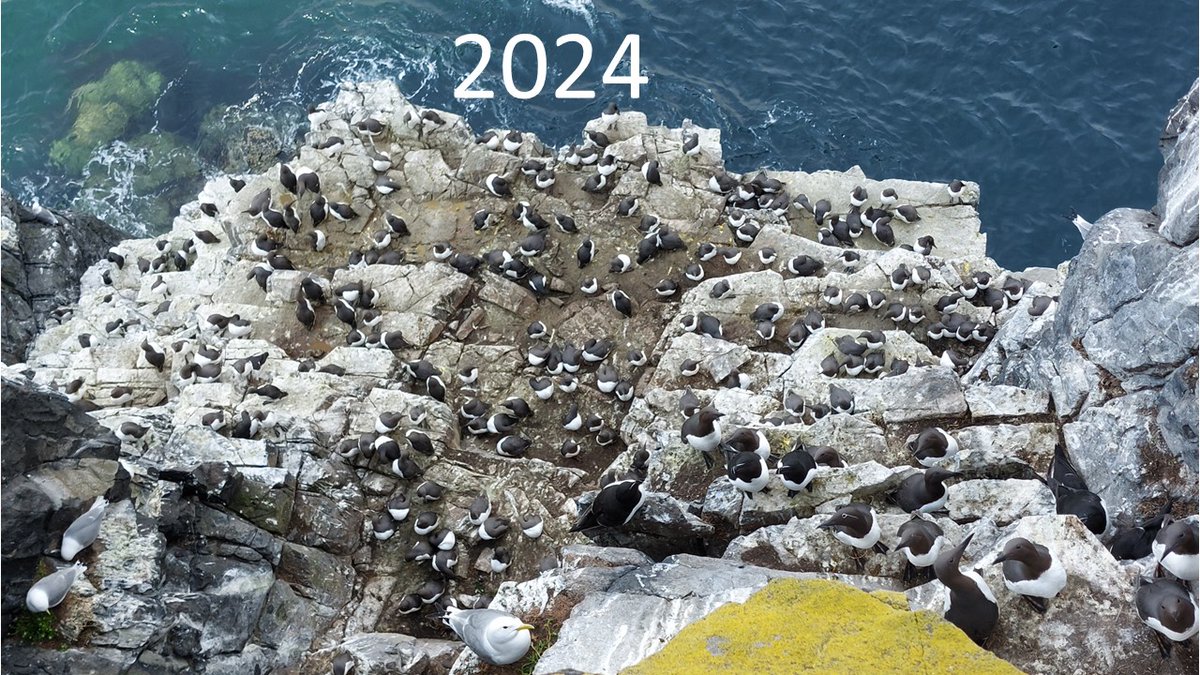
If you work with birds and want to spend the day discussing how to protect them into the future, please submit an abstract to our upcoming conference ->
‼️ Call for abstracts open #BOUasm24 Birds and net zero 24 Oct 2024 | York, UK & Zoom & X (Twitter) bou.org.uk/event/birds-an… Deadline: 30 June 2024 (0900 BST) #ornithology
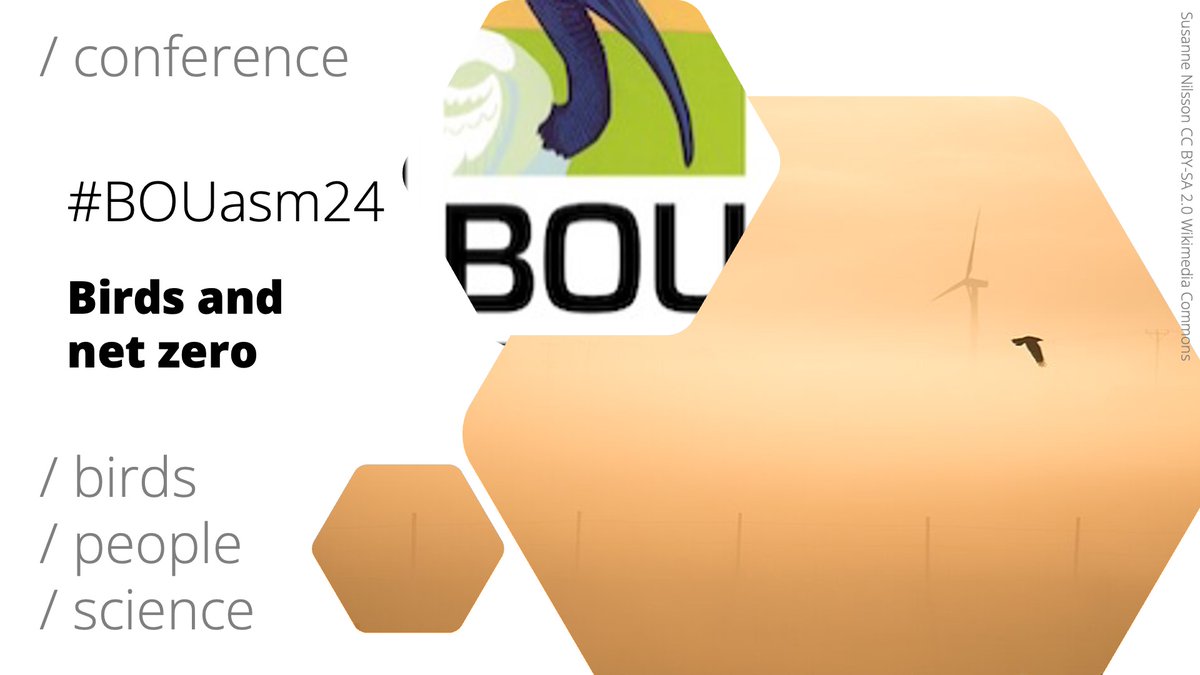
Devastating scenes from Hornøya. several hundreds oiled #seabirds Mainly auks, but also Kittiwakes, gulls and shags. No source detected, but strong easterly winds suggest potential spill come from east. Worst scenario now - beginning of breeding season
Several #seabird species, especially common guillemots and #puffins in the SEAPOP-colony Hornøya, are currently affected by an #oilspill. The source of the oil is unknown. Article in Norwegian - pictures speaking for themselves #pollution nrk.no/tromsogfinnmar…
Focus on Mars Bay Sooty #terns today with @AIGConservation and @oxford_brookes Drone survey in both spectral and thermal mode and timelapse camera deployment for #AI count training data. The colony is estimated to be 1/4 million breeding pairs strong. Project funded by @UKBCFs




The sound of silence. In less than four decades more than 80% of #kittiwakes breeding on the Norwegian mainland have disappeared. The coast has fallen silent. Historical and current photos side by side illustrate the dramatic declines👇 See more here: nina.no/Om-NINA/Aktuel…

Calling all cormorant connoisseurs! Check out the 'Great Cormorants: Best on the Nest' workflow @seabird_watch (tinyurl.com/a6ttvdmh) and get clicking! All your efforts will contribute to monitoring productivity and phenology in a very under monitored #seabird! 1/

#ECOWind is hosting a policy masterclass series, kicking off with an insightful exploration of the 2024 policy landscape this Thursday. If you're an academic searching for an in-depth discussion on #RenewableEnergy policy, register for the class here: loom.ly/Kv3Qno4

United States Trends
- 1. Wayne 116 B posts
- 2. Neil 28,2 B posts
- 3. Saka 58,9 B posts
- 4. #UFCMacau 35,3 B posts
- 5. Gameday 34,1 B posts
- 6. Red Cross 11,1 B posts
- 7. #Caturday 6.705 posts
- 8. Odegaard 10,8 B posts
- 9. #saturdaymorning 5.001 posts
- 10. Arsenal 109 B posts
- 11. Surgeon General 79,8 B posts
- 12. #Arcane 511 B posts
- 13. #ARSNFO 7.207 posts
- 14. Petr Yan 6.426 posts
- 15. Enzo 77,2 B posts
- 16. Weezy 4.243 posts
- 17. Leicester 61,1 B posts
- 18. Figgy 3.793 posts
- 19. Buckeyes 3.289 posts
- 20. Simon Hooper N/A
Who to follow
-
 Chloe Cargill (She/Her)
Chloe Cargill (She/Her)
@meta_kittiwake -
 Jacob Davies
Jacob Davies
@jdavies826 -
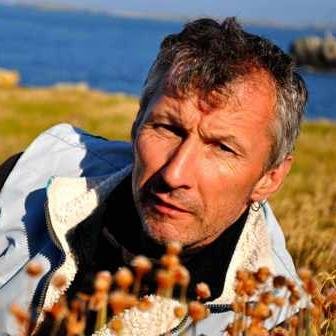 Bernard Cadiou
Bernard Cadiou
@bernard_cadiou -
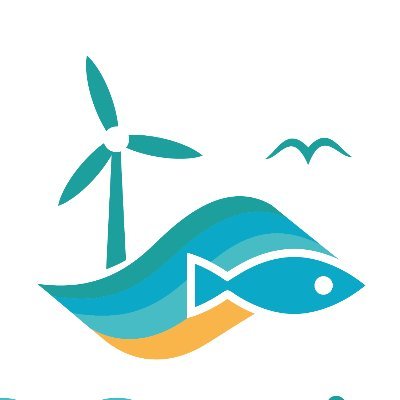 ECOWind
ECOWind
@ECOWind_UK -
 Linda J Wilson
Linda J Wilson
@LindaJWilson9 -
 Chris Thaxter
Chris Thaxter
@thaxalot -
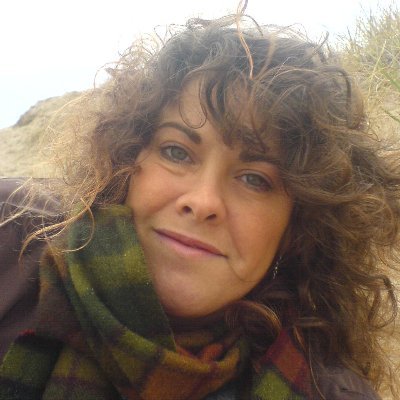 nathalie stevenson
nathalie stevenson
@Shoneywind -
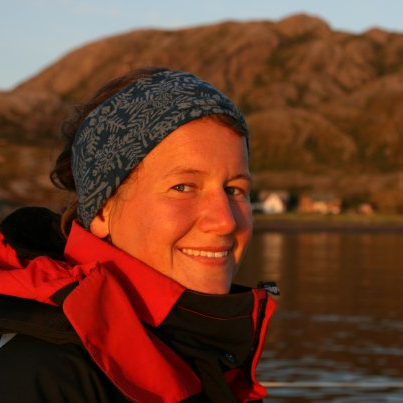 Signe Christensen-Dalsgaard
Signe Christensen-Dalsgaard
@Signe_Dalsgaard -
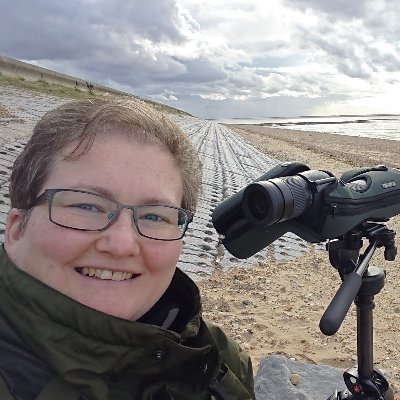 Dr Lucy Wright (she/her)
Dr Lucy Wright (she/her)
@_LucyWright -
 Alex Banks
Alex Banks
@ArdeaAlBanks -
 Tabatha Cormier
Tabatha Cormier
@cormier_tabatha -
 susana_requena
susana_requena
@susana_requena1
Something went wrong.
Something went wrong.




